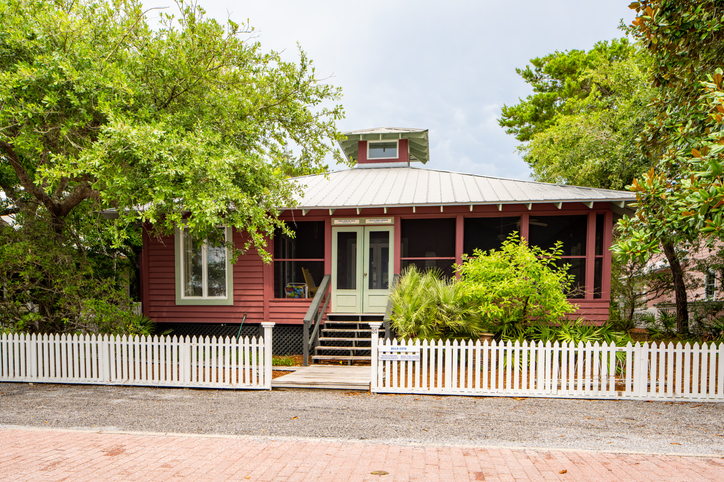Is the target on short-term rental homes for new taxation? What about rental properties in general? When is income from a short-term rental presently taxable?
Presently, homeowners can generally earn tax-free income if their home is a short-term rental for 14 days or less in a given tax year, based upon Section 280(A) of the US Tax Code. The US Tax Code is established through regulations and laws that establish the responsibilities and rights of US taxpayers. The US tax code establishes rental income as “any payment you receive for the use or occupation of property.”
The rules that presently govern these situations are often referred to as the IRS’ “Masters rule.” This refers to homeowners in Augusta, Georgia who rent out their own homes at an exceptionally high rate before and during the famous golf tournament.
In a recent case in US Tax Court, Sinopoli v. Commissioner, the IRS raised the issue of a couple who rented their home to an S Corporation they controlled in an effort to take $290,000 in deductions while excluding the rental income from the tax return submitted by the couple to the IRS. The taxpayers claimed the S Corporation held monthly meetings in different residential locations. The Court ultimately ruled against the taxpayers on the amount of the deductions claimed, however, genuine rental expenses may still be deducted and 14 days of rental income is excluded from taxation based upon the “Master’s Rule.”
Colorado is presently considering a target on short-term rental homes for new taxation revenue. The proposed legislation would establish a new standard for taxing short-term rental property within the state. The new legislation attempts to reclassify these short-term rentals as “commercial property” resulting in a much higher property tax rate. If it passes, this legislation would raise the property tax of short-term rental homes that are rented for more than 90 days each year by approximately 400%. Imagine the impact this would have on homeowners who use online platforms such as Airbnb, Vrbo and Vacasa.
The California Senate passed SB 584 which is presently before the state Assembly. SB 584 proposes a 15% tax on rental income for short-term rentals, to take effect January 1, 2025. This tax would be in addition to existing city and county occupancy taxes (currently between 10% and 12%).
How will the popular legislative target on short-term rental homes for new taxation affect you? Those who hold investment rental property or who participate in short-term rentals need to monitor their unique situation and resulting tax obligations continuously. Transactional planning will help individual property owners to structure entities (such as an LLC or S Corporation) and other holdings in a manner that not only provides additional protections for these assets but reduces the impact of taxation on rental activities.
Ask your tax attorney, Janathan Allen, about Passive Income Generators and Passive Activity Losses (PIGs and PALs) and how you should structure your own home and other assets to continue to create income opportunities while providing protections for these assets and reducing tax exposure.
We invite you to learn more about the integrated tax, legal, accounting and business consulting services of Allen Barron and contact us or call today to schedule a free consultation at 866-631-3470.





